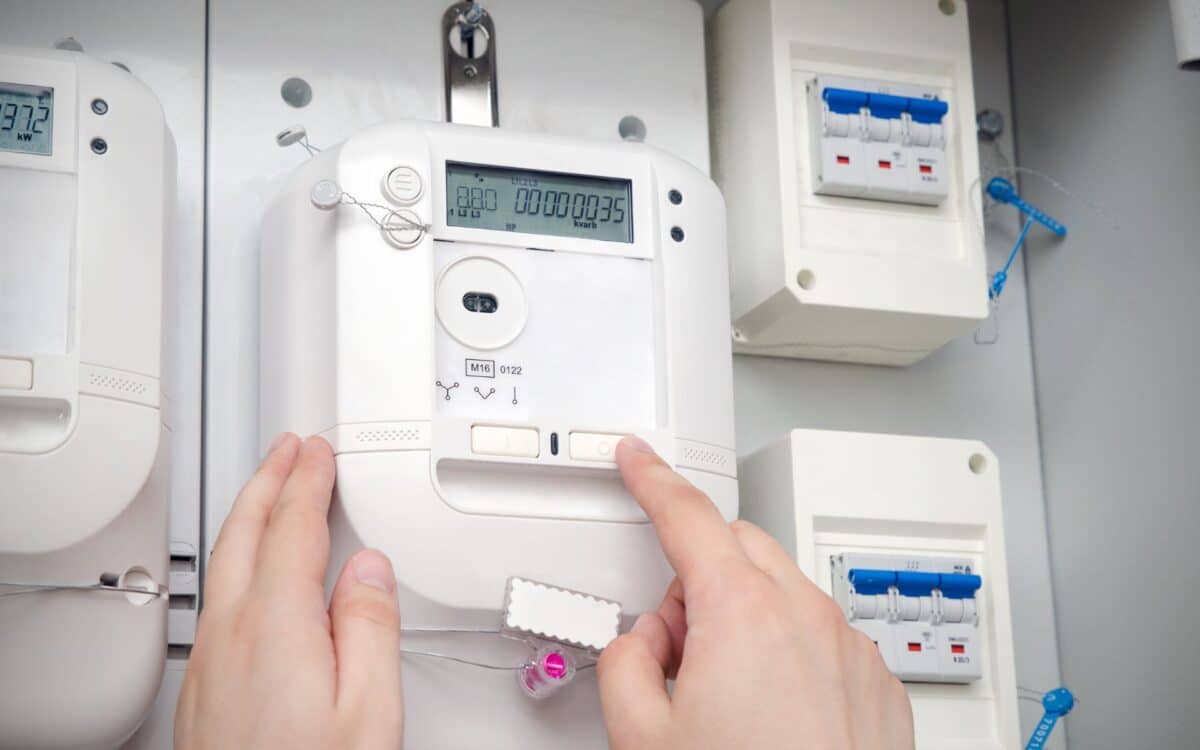Millions of UK households relying on prepayment meters may see energy costs consume nearly a third of their incomes this winter, according to a report by the Resolution Foundation. As the colder months set in, higher gas and electricity prices, combined with increased energy usage, are expected to disproportionately affect lower-income families.
The Financial Strain on Vulnerable Households During Winter Months
The think tank estimates that the 4 million households using prepayment meters will need to allocate over 30% of their income, after housing costs, to energy expenses during December, January, and February.
These meters, commonly used by the UK’s poorest households, often leave families unable to smooth out energy costs over the year, forcing them to bear the brunt of higher winter bills.
Nevertheless, the Resolution Foundation warns that such a financial burden is unsustainable and could lead to vulnerable families enduring cold and dark homes. Prepayment meters are concentrated among low-income households, with a quarter of the poorest fifth using this payment method, compared to only 1.5% of the wealthiest households.
The Ongoing Impact of Rising Energy Costs on Households
Energy costs have surged in recent months due to geopolitical events, including conflicts in Russia and the Middle East, which have driven fluctuations in wholesale energy markets.
However, while the energy regulator Ofgem’s price cap has brought some stability, it will still rise by 1% for prepayment meter users in January, equating to an average annual cost of £1,690.
Although the cap is lower than the peaks seen after Russia’s 2022 invasion, it remains significantly above pre-crisis levels. In late 2021, typical annual bills were just under £1,300.
| Period | Average Annual Bill (Prepayment Meter) | Notes |
|---|---|---|
| Late 2021 | £1,300 | Pre-crisis levels |
| January 2023 | £1,669 | Reflecting post-invasion surge |
| January 2024 | £1,690 | Ofgem price cap increases by 1% |
The seasonal demand for energy during winter amplifies the financial challenge for households on prepayment meters. Unlike direct debit customers, these households must pay as they go, leaving them particularly exposed to the spike in costs during the coldest months.
Challenges of Poor Energy Efficiency for Low-Income Households
Low-income families using prepayment meters are more likely to live in rented properties with poor energy efficiency. These homes are typically harder and more expensive to heat, exacerbating the financial strain.
Moreover, Energy usage required to maintain basic warmth is expected to drive winter costs for prepayment meter users to over 30% of their income, compared to around 12% in the summer.
Government Support and Ongoing Criticism Amid the Energy Crisis
Energy companies have faced criticism for the force-fitting of prepayment meters during the energy crisis, a practice that was temporarily banned for nearly a year.
Despite the government’s recent £500 million winter support package, which includes debt write-offs and hardship funds, campaigners argue that more needs to be done.
The government has also faced backlash for cutting winter fuel payments for all but the poorest pensioners.
Meanwhile, the £150 Warm Home Discount is expected to support 3 million eligible households, and up to £300 in winter fuel payments will be provided to 1.3 million households in England and Wales.
Winter support measures announced:
- £150 Warm Home Discount: Expected to assist 3 million eligible households.
- Up to £300 in winter fuel payments: Targeted at 1.3 million households in England and Wales.
- £500 million support package: Including:
- Debt write-offs for struggling households.
- Hardship funds for bill payers.
- Enhanced credit schemes for prepayment meters.
The Unrelenting Burden of High Energy Costs on Families
Jonny Marshall, principal economist at the Resolution Foundation, highlights the persistent challenges faced by prepayment meter users.
“For many households, the recent energy crisis is an episode they’re keen to forget. But for the million households on prepayment meters this winter, it will feel like the crisis never ended,” he said.
He added that high energy costs during the winter months will force many families to cut back on other essential spending, potentially leading to harmful rationing of energy use. This could pose significant risks to health and wellbeing, particularly among vulnerable groups.
Government Assurance and the Need for Long-Term Solutions
A spokesperson for the Department for Energy Security and Net Zero stated:
“We are doing everything we can to support vulnerable families this winter – including through the £150 Warm Home Discount and winter fuel payments for eligible households.”
They also emphasised ongoing work with Ofgem to ensure involuntary prepayment meter installations are used only as a last resort.
While these measures may offer some relief, the challenges for millions of UK households on prepayment meters remain acute as winter approaches. Addressing these systemic issues will require long-term investment in energy efficiency and stronger protections for vulnerable consumers.









